Discover ABA Banking Journal Podcast
ABA Banking Journal Podcast

ABA Banking Journal Podcast
Author: American Bankers Association
Subscribed: 288Played: 25,285Subscribe
Share
© Copyright 2017-2021, American Bankers Association. All rights reserved.
Description
Bank executive insights, unique business strategies, regulatory updates from D.C., and fun banking stories—all this and more on the ABA Banking Journal Podcast, brought to you weekly by the American Bankers Association's award-winning podcast team.
335 Episodes
Reverse
Major tech platforms make billions of dollars from scammers who advertise on their sites, according to reporting from Reuters, and there's not much incentive for them to change their practices — yet. Sens. Ruben Gallego (D-Ariz.) and Bernie Moreno (R-Ohio) have introduced the SCAM Act, which would take steps to tackle these scams. ABA strongly supports the SCAM Act, and on this crossover episode of the ABA Banking Journal Podcast and ABA Fraudcast, Paul Benda discusses: How the SCAM Act would introduce new know-your-customer and takedown requirements for tech platforms. Why there aren't sufficient existing incentives for platforms to deal with the deluge of scam ads. Enforcement mechanisms that give teeth to the SCAM Act's requirements. How ABA's advocacy on this issue fits into the association's overall anti-fraud agenda
From one location in Wilmington, North Carolina, Live Oak Bank is the nation's largest Small Business Administration lender and a leading partner in developing technology for community banks. With an uncertain economic and business environment, two top executives from Live Oak Bank joined the ABA Banking Journal Podcast to discuss: How Live Oak delivers personalized banking services to a nationwide footprint. Where small business owners are looking to grow and build in the coming months. The need for liquidity in small business acquisitions and succession planning. The role of technology, including AI, in helping to improve the ability of banks to serve small business clients. How SBA loans fit into the Live Oak business model. Tips for community banks looking to deepen their SBA-guaranteed lending, including outsourcing back-office functions to ensure compliance with guarantee requirements.
If Texas were an independent country, its economy would rank as the world's eighth-largest. "France is the seventh largest economy in the world and I don't think it'll take as much time at all to catch them," laughs Texas Bankers Association Chairman Ron Butler. On the latest episode of the ABA Banking Journal Podcast, Butler — who is also vice chairman and chief administrative officer of $14 billion-asset, Abilene-based First Financial Bank — talks about: What makes the Lone Star State a compelling economic story and an attractive market for investment (and out-of-state bank acquisitions). First Financial's approach to balancing organic growth and M&A. The urgency of accelerating de novo bank activity. How he and Texas bankers are approaching questions of deposit insurance reform. How Texas bankers have been engaging the global economy.
The discontinuation of penny production in 2025 caused operational challenges for banks when the regional Federal Reserve banks said they would stop accepting pennies for deposit at coin terminals -- accelerating the circulation shortage that's posing challenges for retailers. Today, the Fed reversed that decision, resuming deposits effective Jan. 14. On the latest episode of the podcast, ABA payments expert Steve Kenneally walks through the Fed's decision, the operational challenges the penny phaseout poses to retailers and banks, ABA's regulatory and legislative advocacy for improvements to the handling of coinage reform and ABA resources for banks, frontline staff and consumers. View ABA resources on the penny phaseout.
The Philippines is a fast-growing economy, but it lags its peers in the unbanked rate, with more than four in 10 Filipinos unbanked, according to McKinsey. Many Filipinos use nonbank-provided ewallets, but bank penetration is on the rise since 2020, when the central bank approved a new license type for digital banking, helping the Philippines' traditional banks meet the mobile-first needs of Filipinos. In this episode, Russell Hernandez of UnionDigital Bank provides a unique look into the Philippine banking sector. He also discusses how his mobile-first digital bank tackles account takeover attempts and other frauds through layers of mobile-based and biometric authentication.
The bank consolidation logjam broke in 2025, with several banks, including large regionals, inking major deals amid an accelerated pace for approvals. While that may reflect both pent-up deal flow and a rush to get transactions done in a favorable environment, on the latest episode of the ABA Banking Journal Podcast, Paul Davis notes that the rush is forcing everyone in the market to pay attention and be ready. Davis discusses how these factors, as well as the underlying forces driving consolidation, the capital markets environment and credit conditions will shape the mergers and acquisitions outlook throughout 2026.
Jon Sisk and Matt Lujano's banks couldn't be more different at first appearance — Sisk is a top executive at a community bank in Santa Cruz, California, near the beating heart of America's tech ecosystem, and Lujano leads a bank primarily based in a rural area of western Iowa where farming is dominant. But they share a positive outlook on the role of tech in community banking. As chair and vice chair, respectively, of ABA's Community Bankers Council, they reflected on what it means to be a tech-forward community bank in a podcast following the committee's recent D.C. meeting. Among other topics, they discuss: Forming AI brainstorming groups within banks to facilitate collaborative innovation. The use of generative AI tools to accelerate policy development and exam preparedness. Being ready to move quickly on stablecoins, tokenized deposits and digital assets, even if customers aren't demanding solutions. Good ideas surfaced in conversations among CBC members. Stay tuned for more conversations on tech-forward community banking within the ABA Banking Journal Podcast channel.
The Erie Canal — one of the biggest milestones of American history — celebrated the bicentennial of its completion this week. On the latest episode of the ABA Banking Journal Podcast, acclaimed economic historian and Banking Journal columnist John Steele Gordon and editor-in-chief Evan Sparks discuss the canal's development and construction, the involvement of the Savings Bank of New York in financing it, how it transformed New York and the Midwest, and how the canal created future demand for mass transport of goods by other means, helping fuel the republic's development as a commercial powerhouse.
PNC Bank is the nation's eighth-largest bank by assets and the sixth-largest by deposits, but it ranks fourth in the number of physical branches. In a time when many banks are streamlining their in-person service locations, why has PNC doubled down on branches? On the latest episode of the ABA Banking Journal Podcast, PNC executive Jeff Martinez explores: The role of branches in marketing and account acquisition, particularly business accounts. PNC's strategy of combining organic growth and M&A (most recently in Colorado with FirstBank). Professional opportunities created for bank employees through the in-person delivery network. The role of personal touches — down to thank-you notes and branded umbrellas — in reinforcing the bank brand through the client experience.
With equipment repair costs up 40% over the past few years, how farmers deploy expensive agricultural machinery is of top concern for ag bankers. With equipment increasingly complex and often software driven, many equipment manufacturers have limited the ability of operators to repair their equipment without voiding warranties — leading to delays and lost harvests as farmers wait for service amid a shortage. While this trend has led to a "right to repair" movement in many states, the issue of equipment costs and lost revenue during breakdowns remains a factor in lending decisions, says Pat Kussman, president and CEO of Regional Missouri Bank and chairman of the Missouri Bankers Association. "There are many things that are eroding at our cash flow for our farmers," he notes, "not just input costs, but land rent costs and equipment repair costs." Kussman also discusses the state of the used equipment market, how farmers are using drones to manage crops less invasively and the growing role of artificial intelligence tools in functions like disease identification This episode is presented by Agri-Access. Register for the ABA Agricultural Bankers Conference, Nov. 12-14 in St. Louis
Banks have been using natural language processing and machine learning applications for years in managing their anti-money laundering and Bank Secrecy Act obligations. But how does the growing adoption of generative AI tools affect how BSA and fraud professionals protect their banks? On the latest episode of the ABA Banking Journal Podcast — presented by Agri-Access — former FDIC official Lisa Arquette shares a regulator's-eye view of generative AI in the BSA world and how regulators have been approaching the technology for their own work. Joined by ABA SVP Heather Trew, Arquette also discusses: The state of play on banks' beneficial ownership reporting obligations. Other elements of implementing the AML Act of 2020. How regulators weigh AML/BSA performance when approving mergers and acquisitions. Fluctuations in AML/BSA compliance investments through the economic cycle. The low number (1%) of BSA-related examinations at the FDIC that result in enforcement actions. Register for the ABA Financial Crimes Enforcement Conference, Oct. 14-16 in Arlington, Virginia.
In the wake of the summer's Genius Act, many banks and nonbanks have announced new stablecoin initiatives. Another digital asset — tokenized deposits — may meet needs similar to stablecoins, but the two asset types have significantly different features based on their underlying designs. On this episode of the ABA Banking Journal Podcast, ABA experts Brooke Ybarra and Yikai Wang discuss: The key differences between stablecoins and tokenized deposits. Risks that widespread payment stablecoin adoption poses to community bank lending. Use cases for payment stablecoins (and areas where hype might exceed value). How U.S. banks are approaching stablecoin and tokenized deposit pilots.
Princess Castleberry began her career in risk management in financial services, and the biggest risk she sees today is that "leaders are in a capacity crisis." Work experience, education and professional networks are undermined by this lack of capacity driven by emotional triggers, she says, which are in turn compounded by a massive wave of societal, economic and technological change. Now an instructional design expert and leadership speaker, Castleberry discusses how leaders can understand and manage triggers to enhance their capacity to lead with empathy. Castleberry will also be discussing these and other topics — including how to reduce "conflict waste" — at the ABA Annual Convention next month in Charlotte.
The rapid evolution of the financial services marketplace means the market for banking as a service is also evolving rapidly. From artificial intelligence to other new technologies to regulatory expectations, how is the partner bank sector shifting? On the season premiere of the ABA Banking Journal Podcast, Pathward Bank CEO Brett Pharr talks about the Sioux Falls, South Dakota-based partner bank's strategy. Among other things, Pharr discusses: The evolution of the business model beyond interchange to include embedded finance, faster payments and other opportunities. The criticality of third-party risk management in partner banking. How Pathward is using AI to accelerate compliance review of its partners' marketing materials — and how some AI uses might be limiting young bankers' learning and development. The role of partner banks in advancing financial sector participation by the unbanked. How Pathward builds its workplace culture with its "talent anywhere" remote work structure.
The U.S. is experiencing a massive demographic shift driven by the aging Baby Boom generation, declining birth rates and shifts in immigration trends. What effect will aging have on the banking outlook? In the season finale of the ABA Banking Journal Podcast, ABA economist JP Rothenberg discusses how America's aging population: Shifts balance sheet management strategies with a surplus of stable deposits by weaker localized loan demand. May increasingly push banks into new markets to drive loan growth, which further accelerates consolidation. Magnifies credit risk during downturns in the tail of the risk profile Increases opportunities for personalized wealth management solutions and expands the growth prospects of senior-serving business sectors.
Alongside the commercial and consumer markets, institutional banking is one of three strategic pillars of $70 billion-asset UMB Bank. On the latest episode of the ABA Banking Journal Podcast, UMB's Phil Mason discusses: How institutional banking — which includes capital markets, corporate trust, custody and health savings accounts — fits into the business model of the Kansas City, Missouri-based bank and helps extend its footprint coast-to-coast. Investments in technology to support the growth of institutional banking. The recent expansion in HSA eligibility and how UMB Bank uses the product to engage both business clients and consumers. How UMB sources the right mix of talent — particularly from within — to support the diverse and individualized needs of its institutional clients.
What does the future hold for bank risk and compliance professionals? On the latest episode of the ABA Banking Journal Podcast, Krysti Cunningham of Security National Bank in Omaha, Nebraska — and winner of the 2025 Distinguished Service Award for Risk and Compliance — discusses: The technological transformation in risk and compliance at community and midsize banks. How technological change is driving the industry toward specialization. Applications for AI tools and LLMs in risk and compliance — and how to manage risks associated with this transformation. The importance of constant learning as a risk and compliance professional.
Following the enactment of the One Big Beautiful Bill Act, hear from ABA experts on how key ABA-supported provisions on tax policy, rural real estate and health savings accounts in the budget reconciliation law will affect banks. Experts also discuss what to expect next in terms of implementation. Resources Click here to download the episode if you can't see the player above. View a members-only staff analysis
ABA's new online platform to provide members with free access to the Treasury Check Verification System is now live. On a special joint episode of the ABA Banking Journal Podcast and ABA Fraudcast — presented by Intrafi's Banking with Interest podcast — ABA anti-fraud experts Paul Benda and Hannah Ibberson discuss the platform and how banks can put it to use. Among other topics, Benda and Ibberson discuss: The scale of physical U.S. Treasury checks and why they remained a potential vector for fraud How and why ABA developed the platform How ABA member bank employees — including frontline staff — can access the portal to verify a payee Ways this new platform fits into ABA's overall anti-fraud initiatives Click here to download the episode if you can't see the player above. Access the TCVS portal (ABA bank members only)


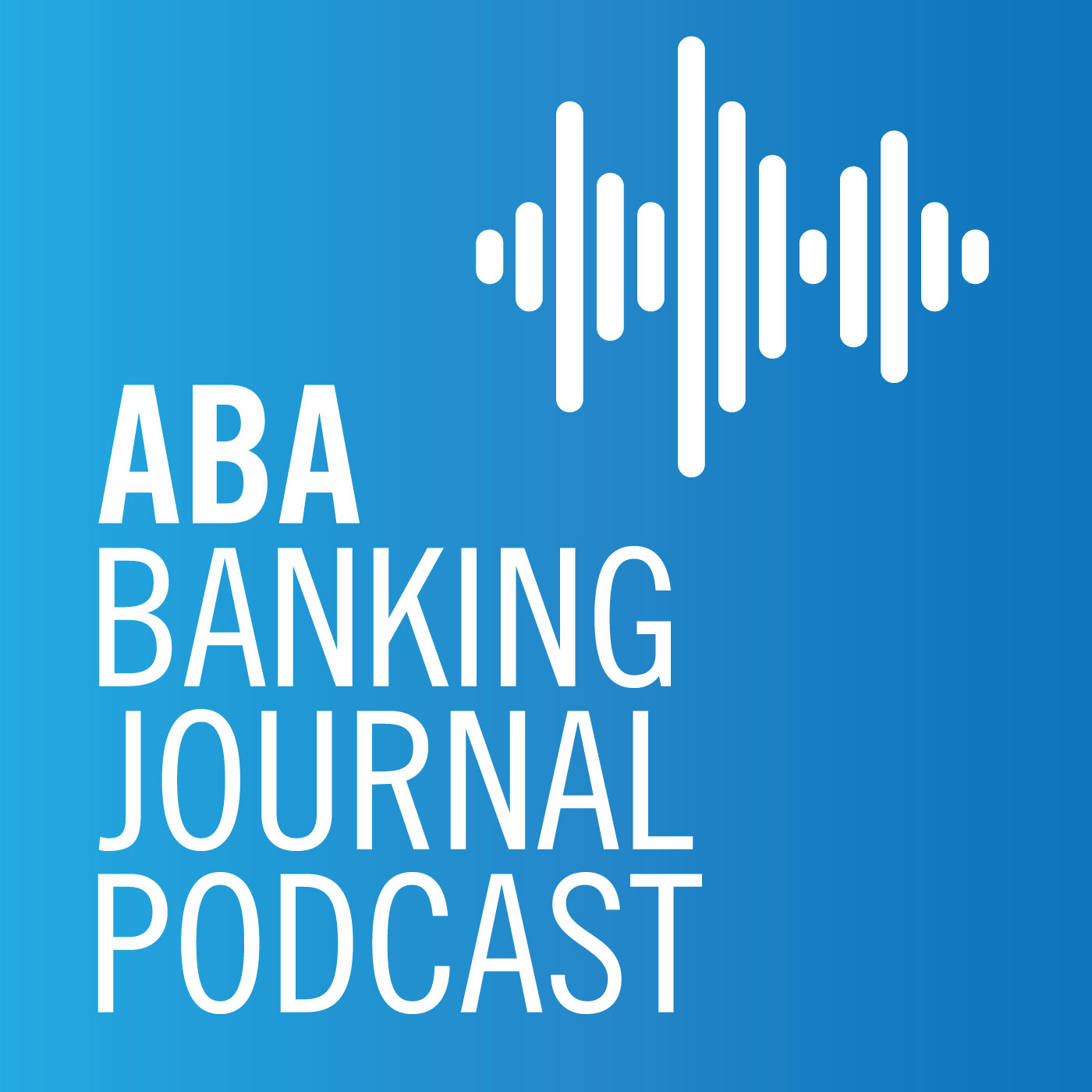
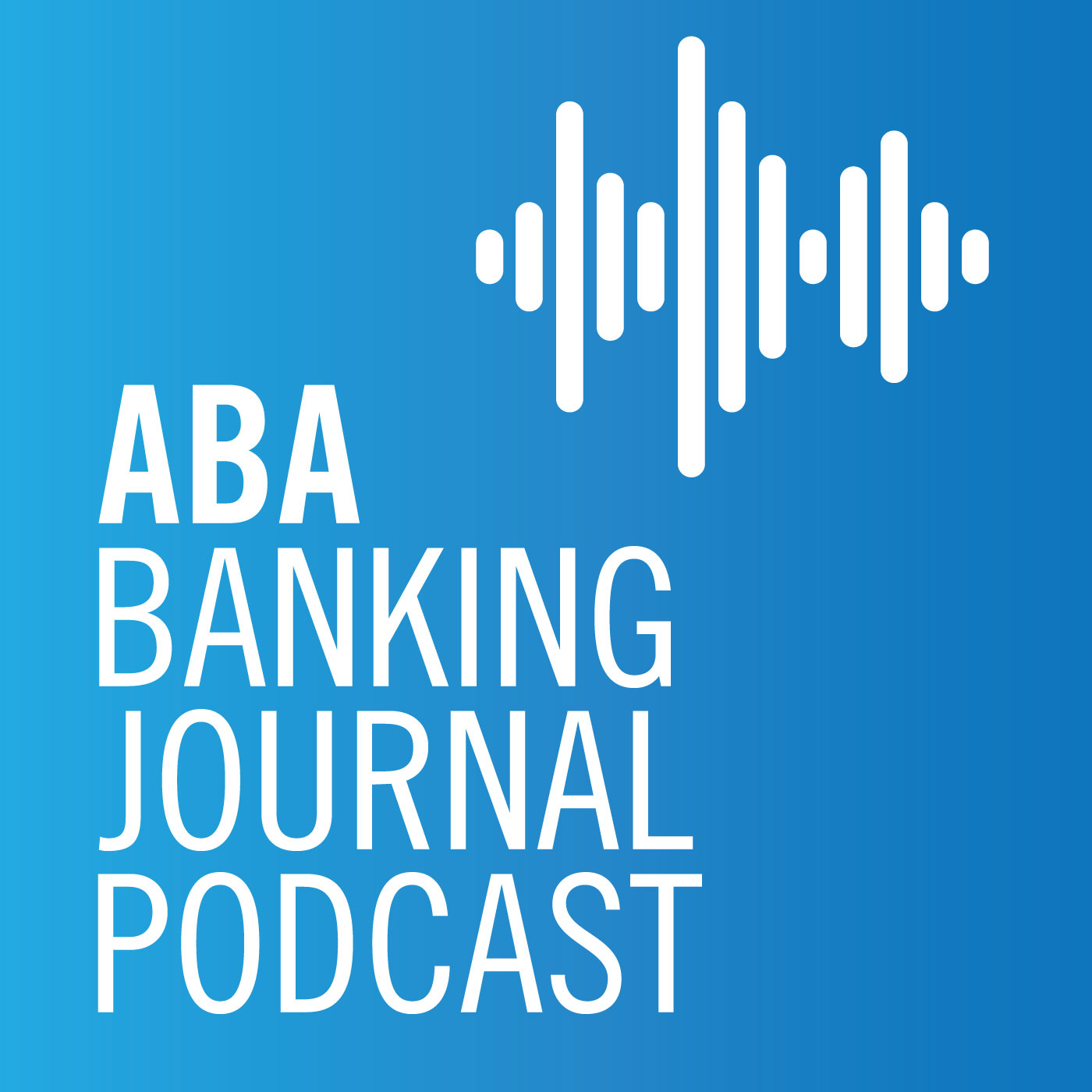
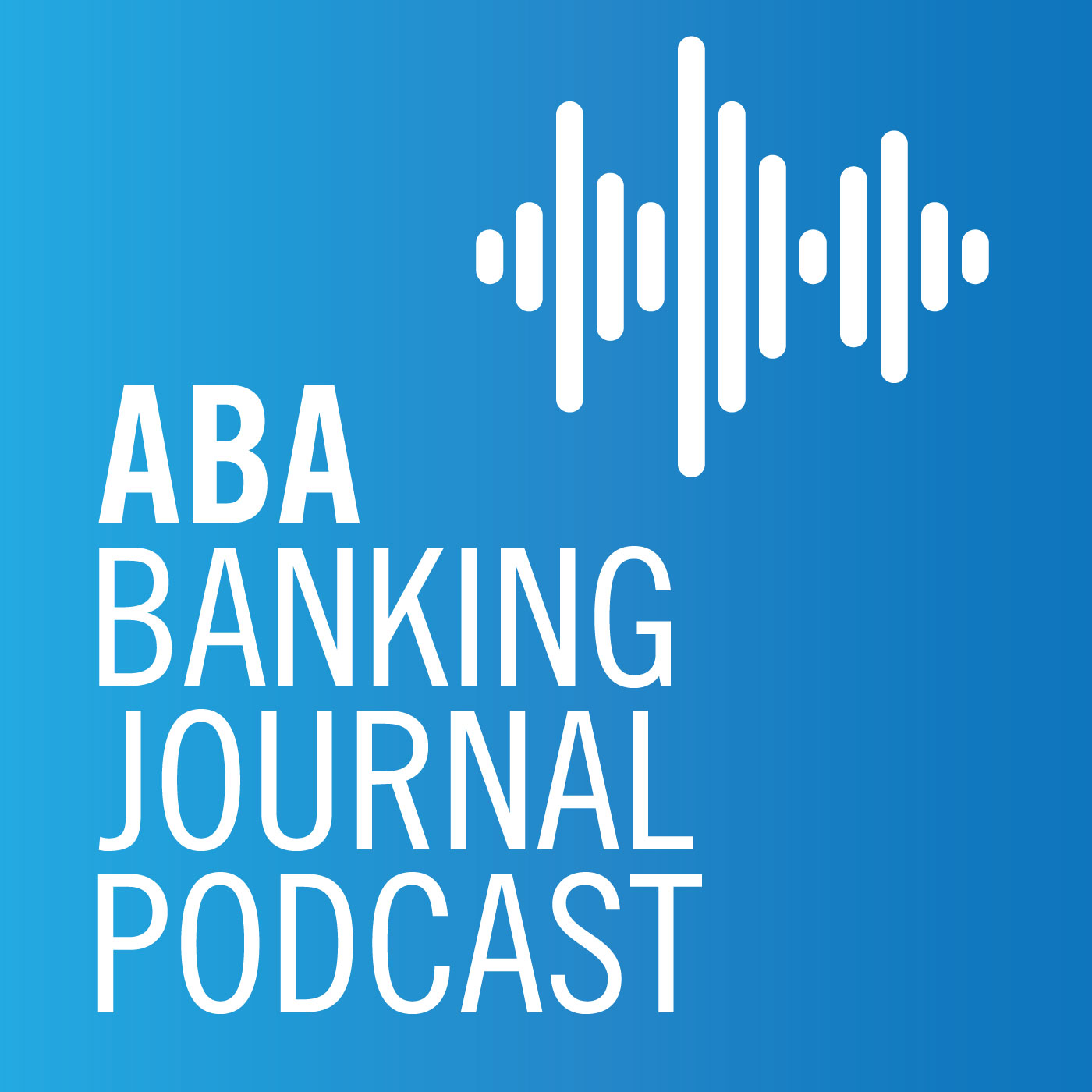
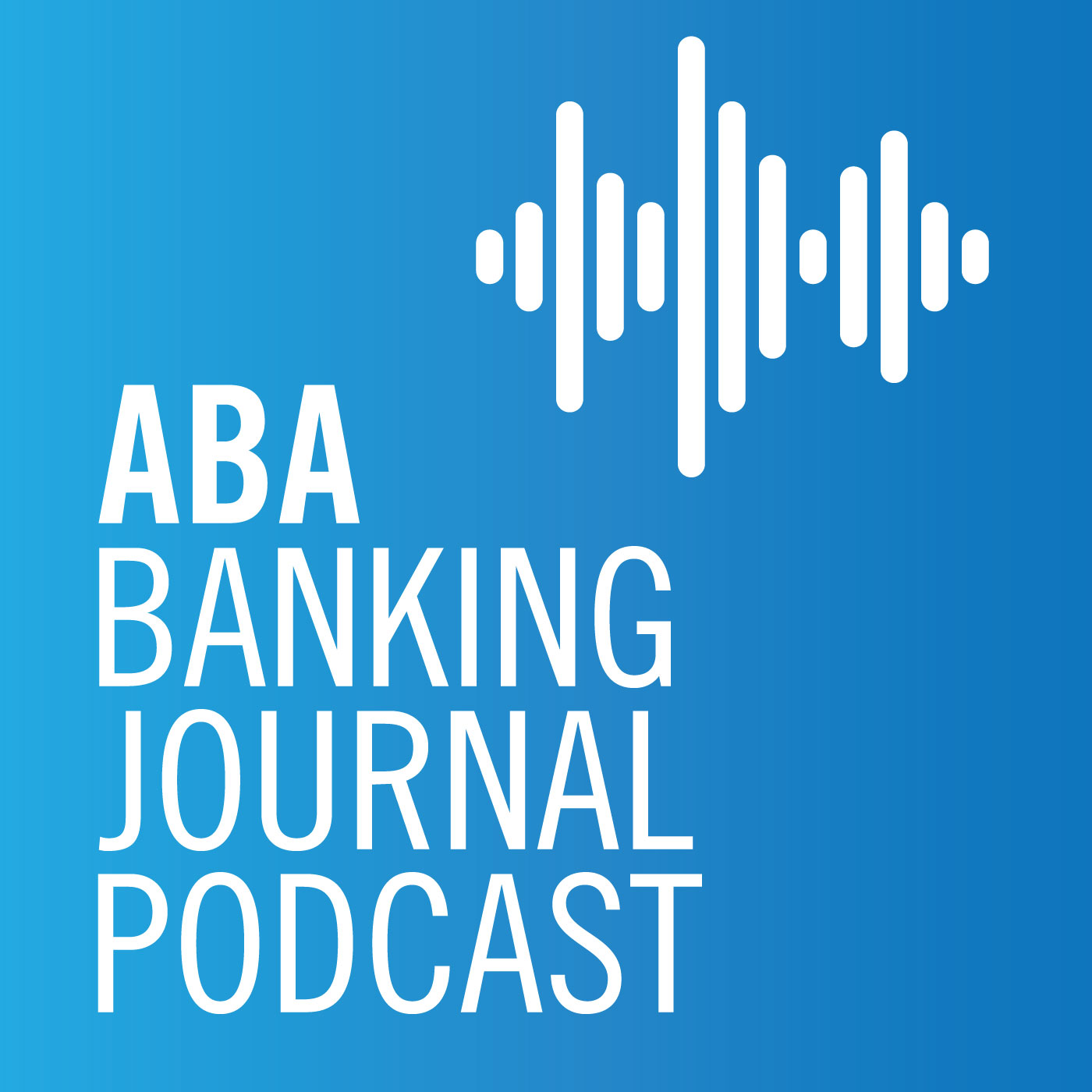
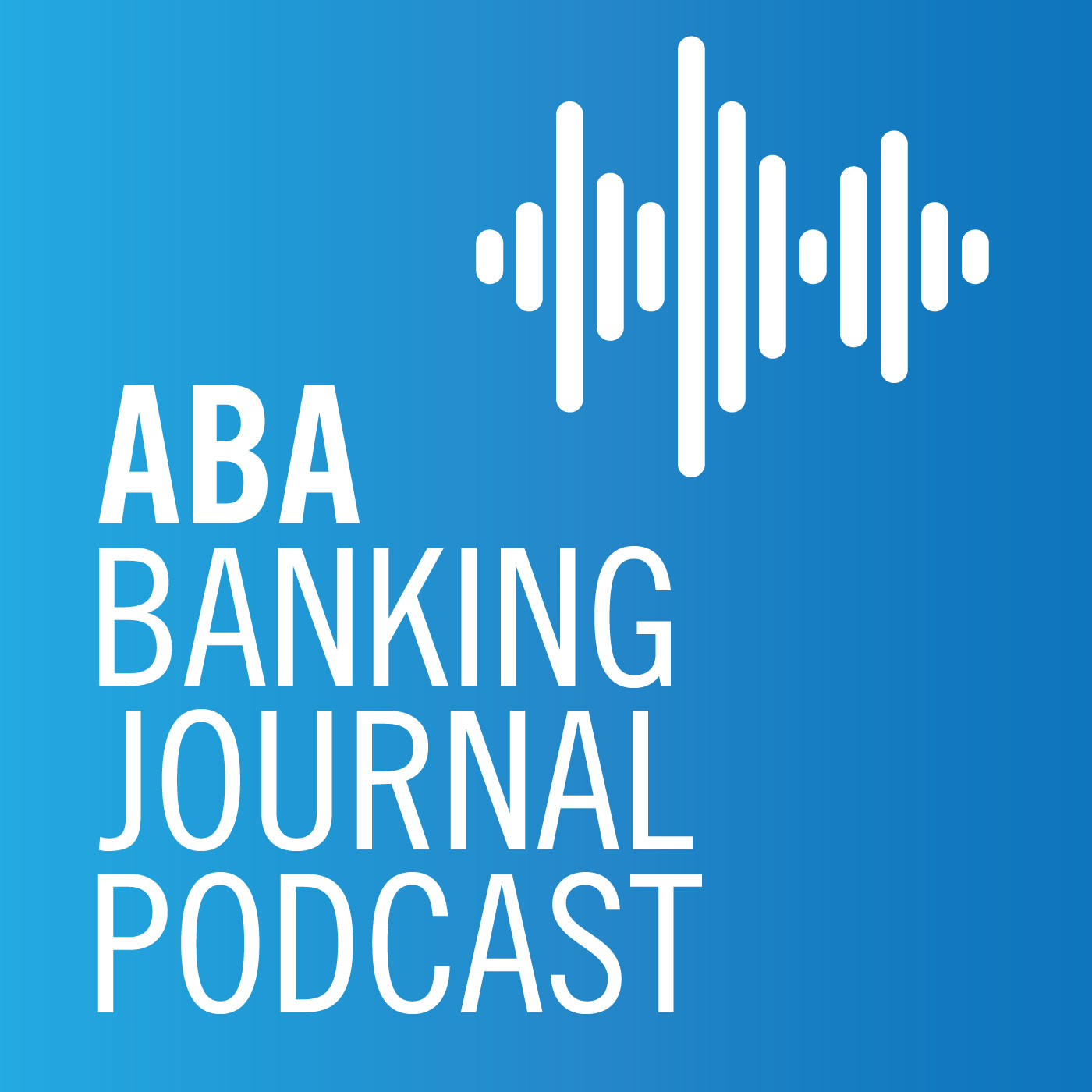
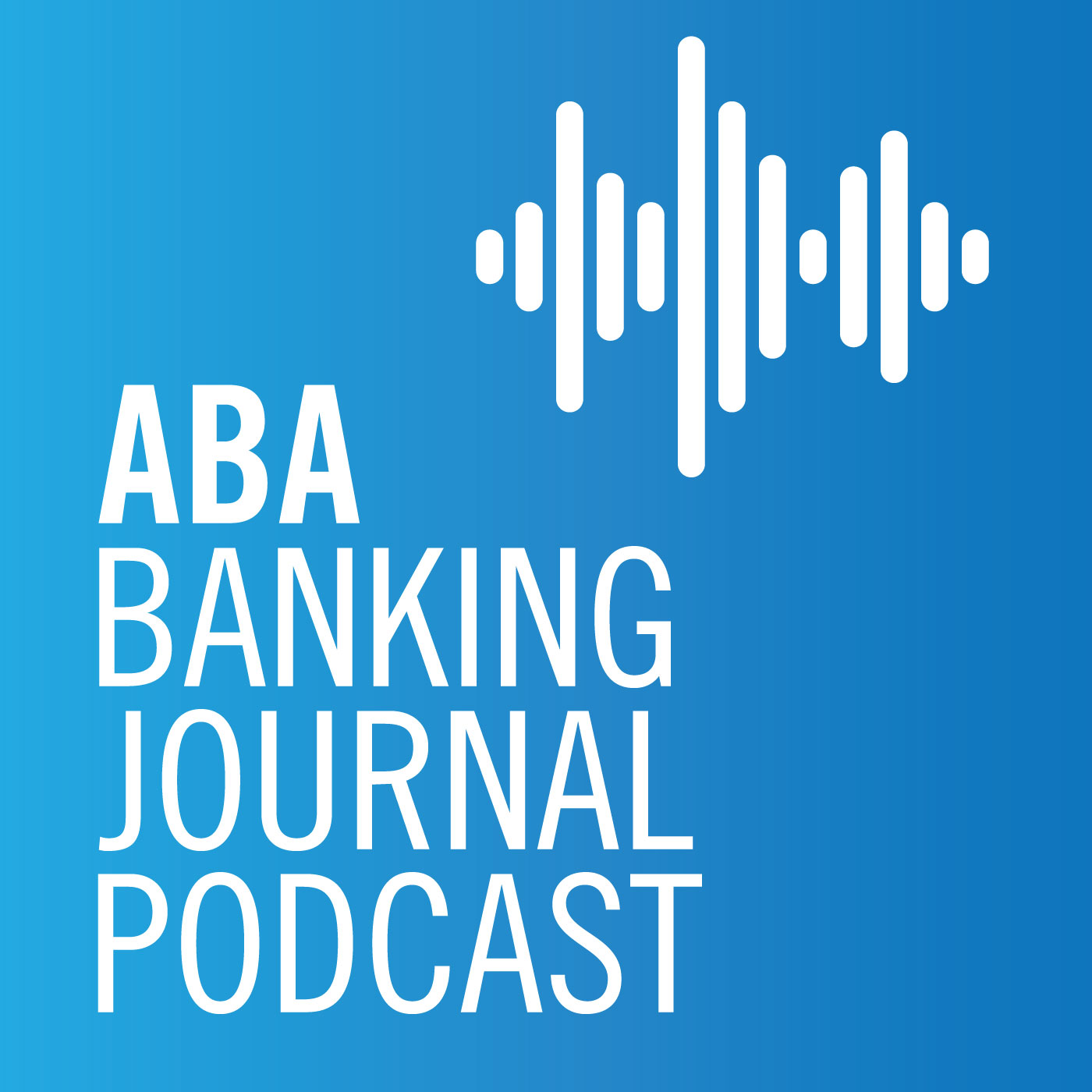
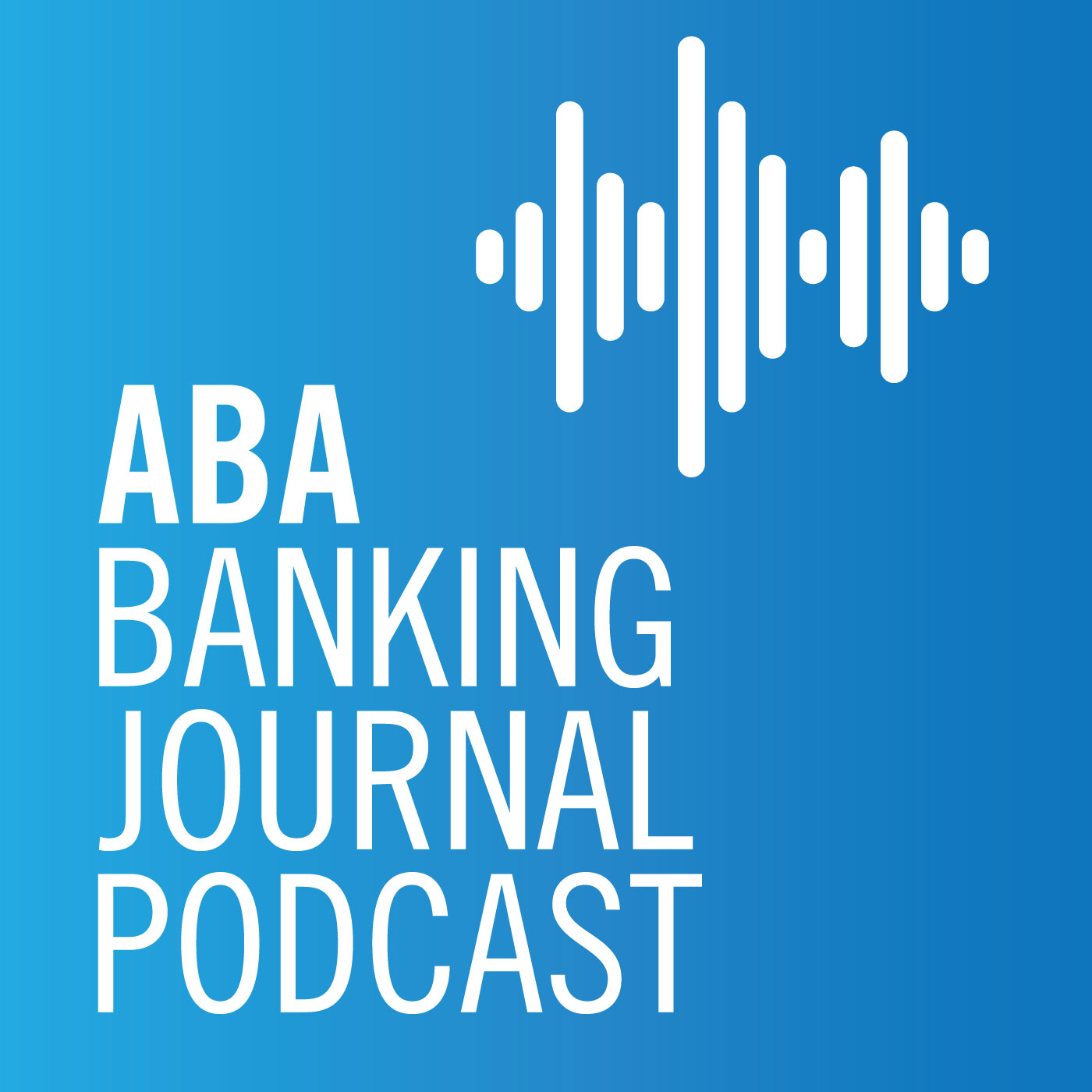
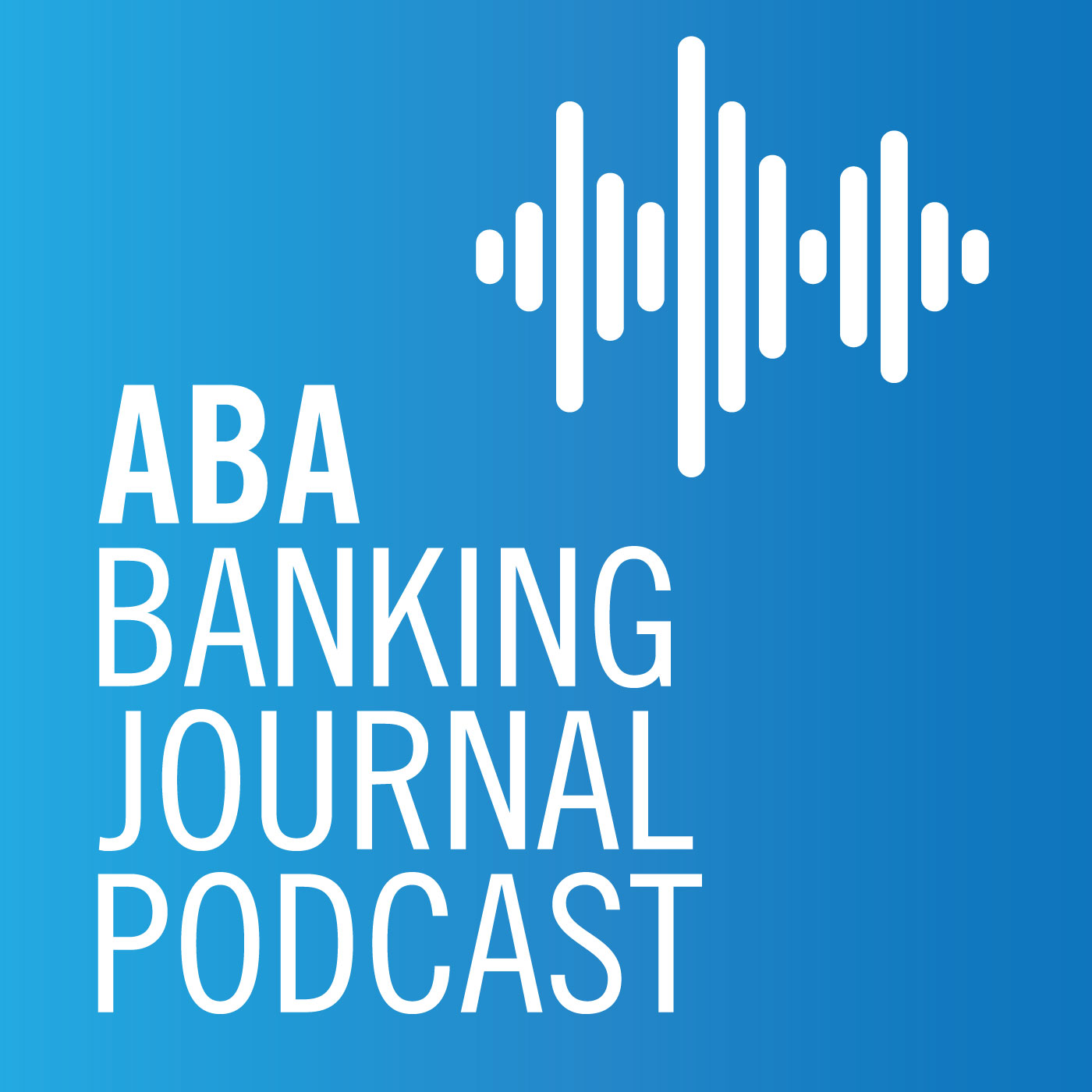
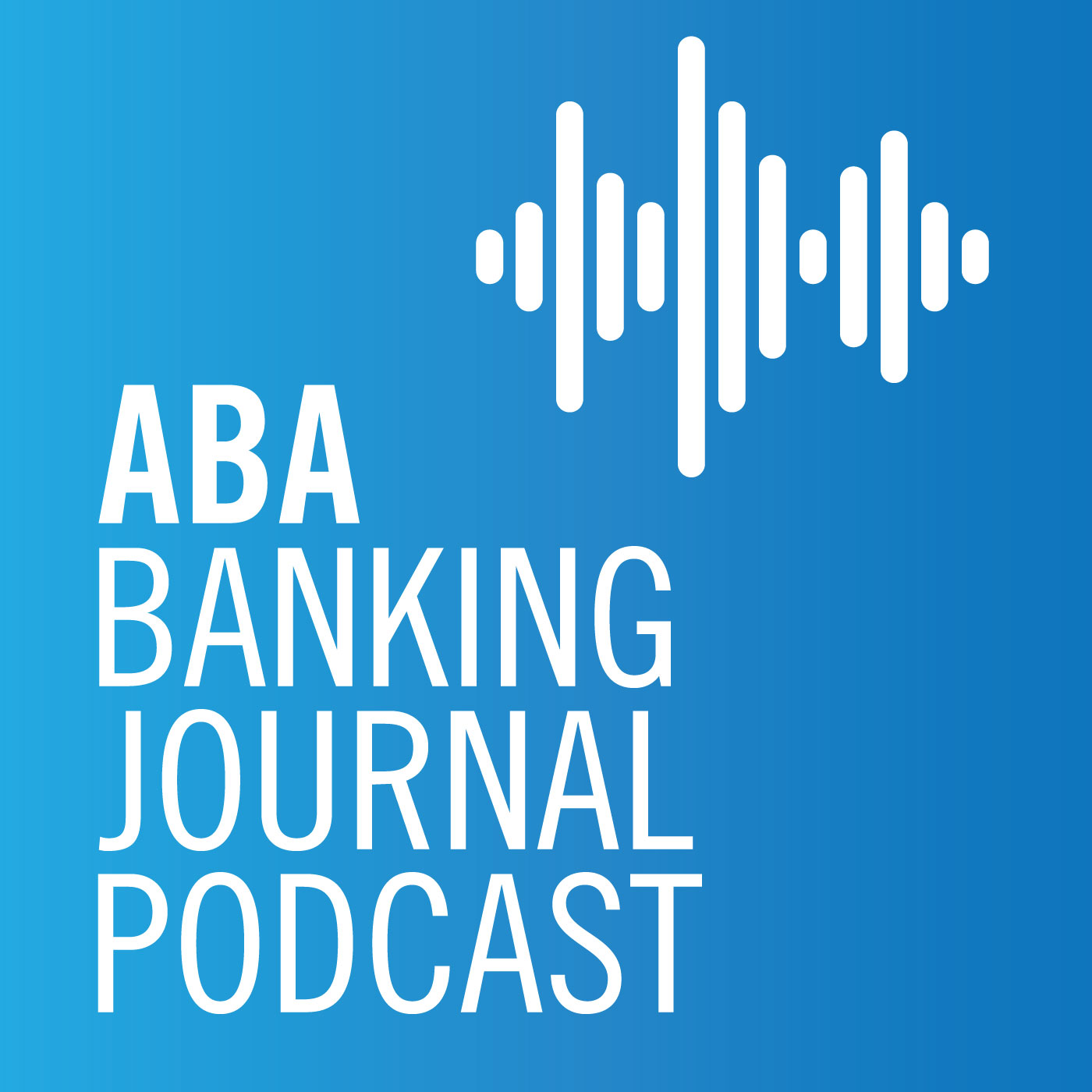
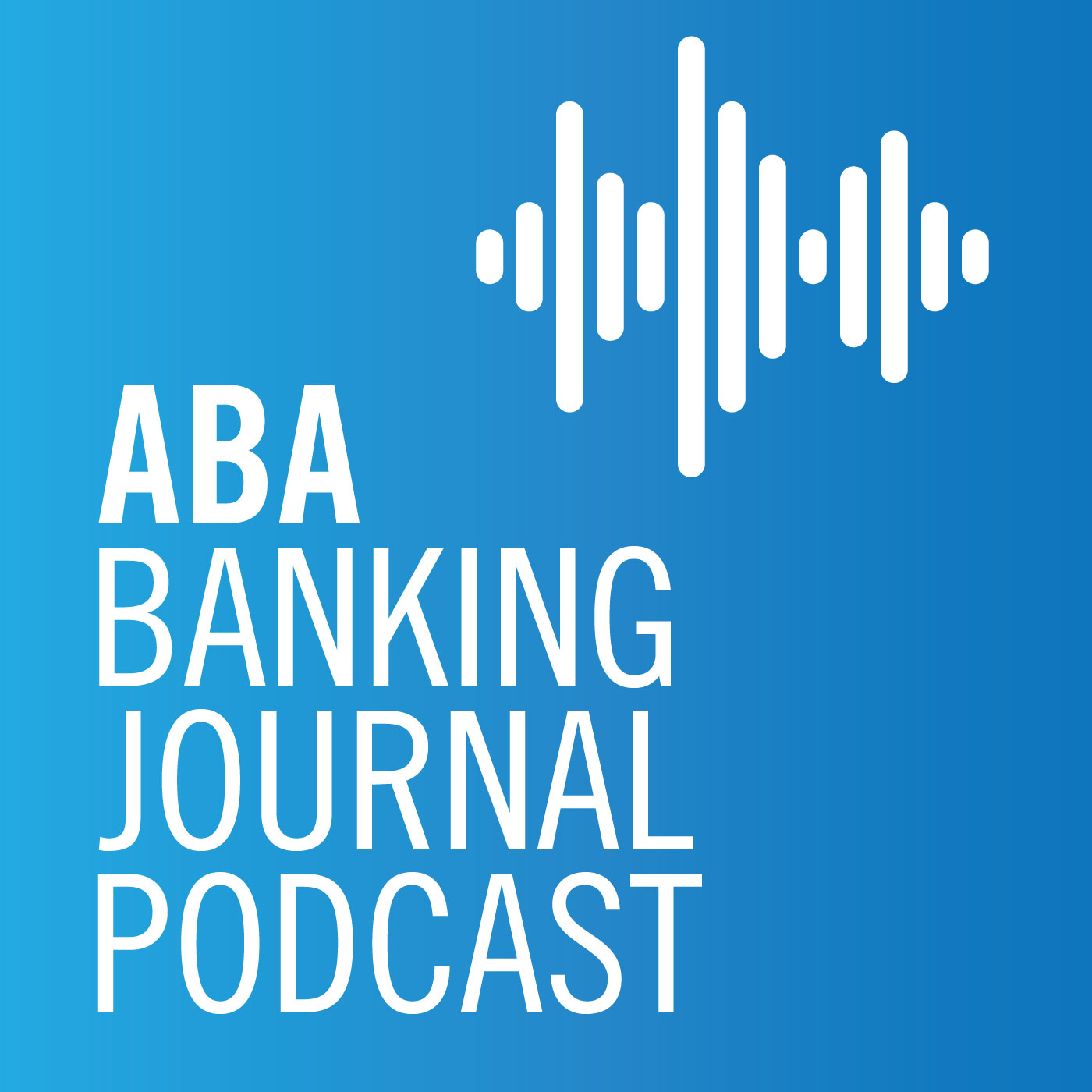
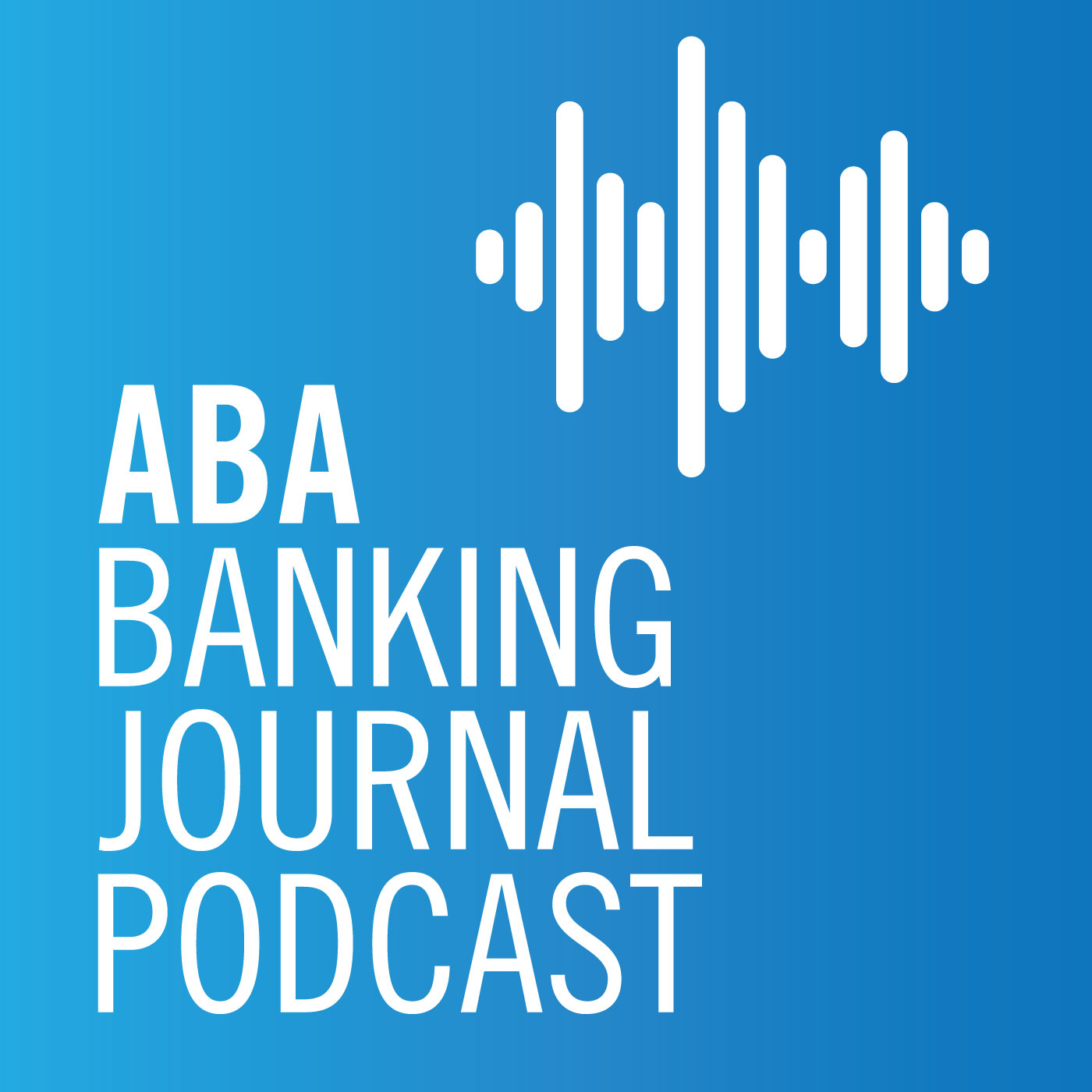
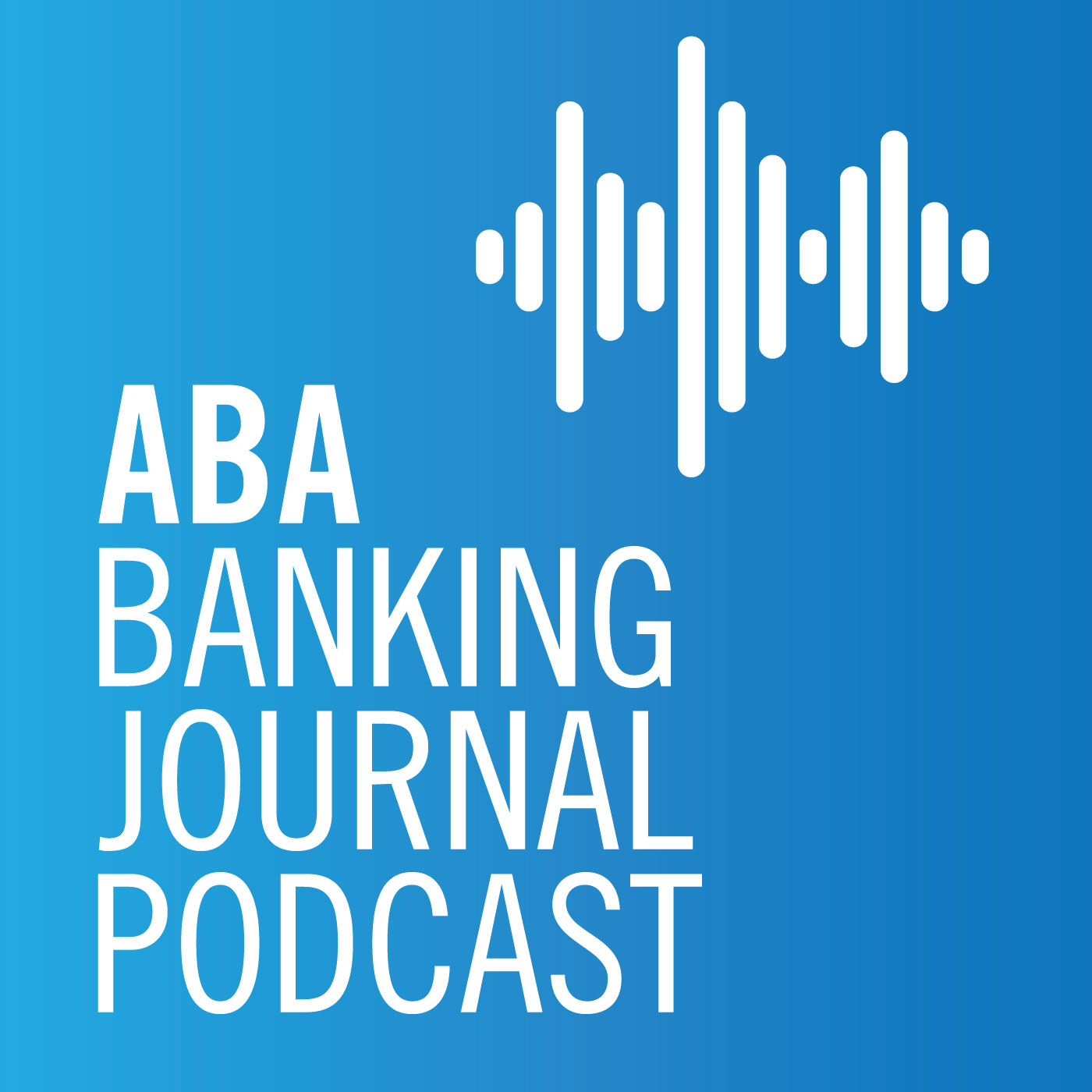
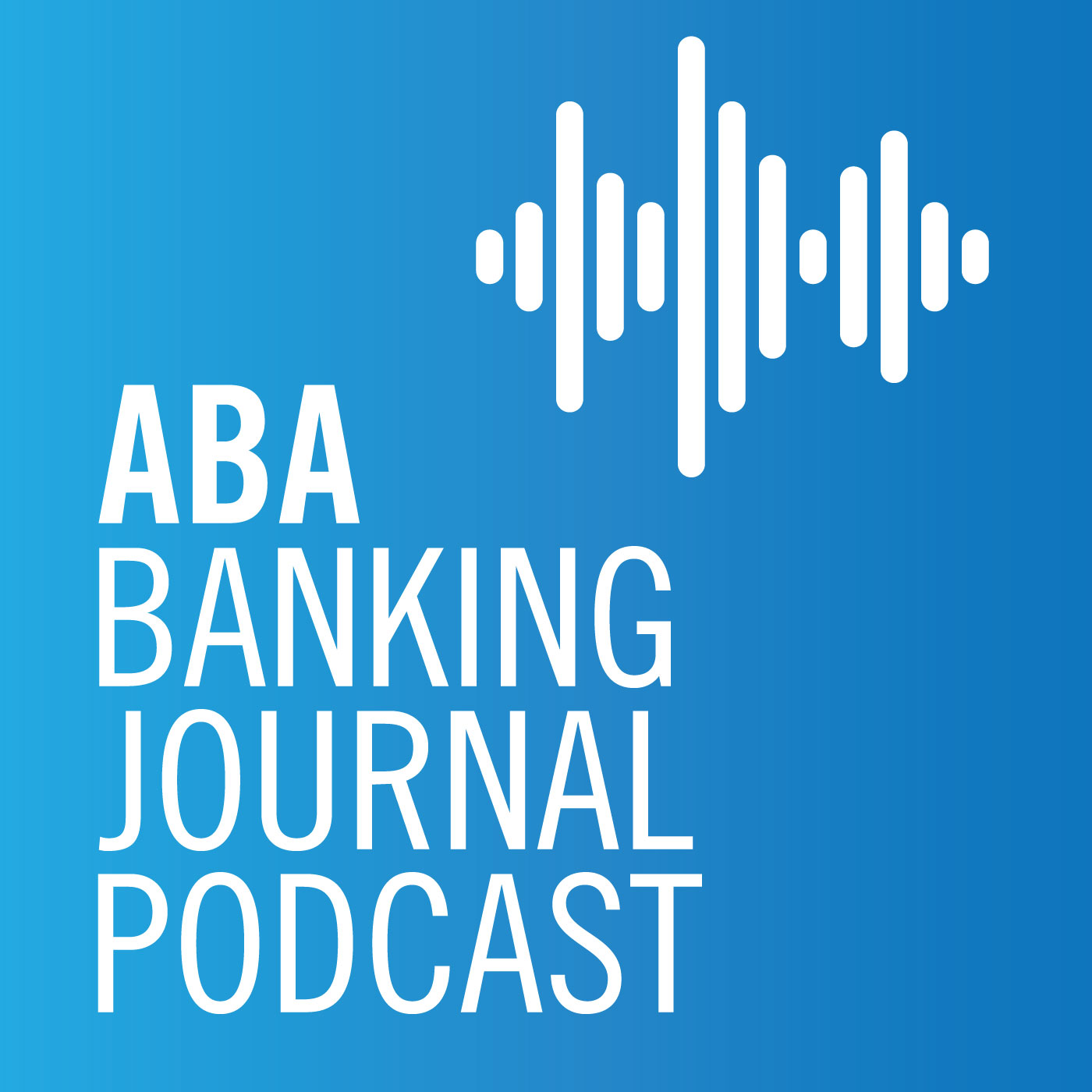
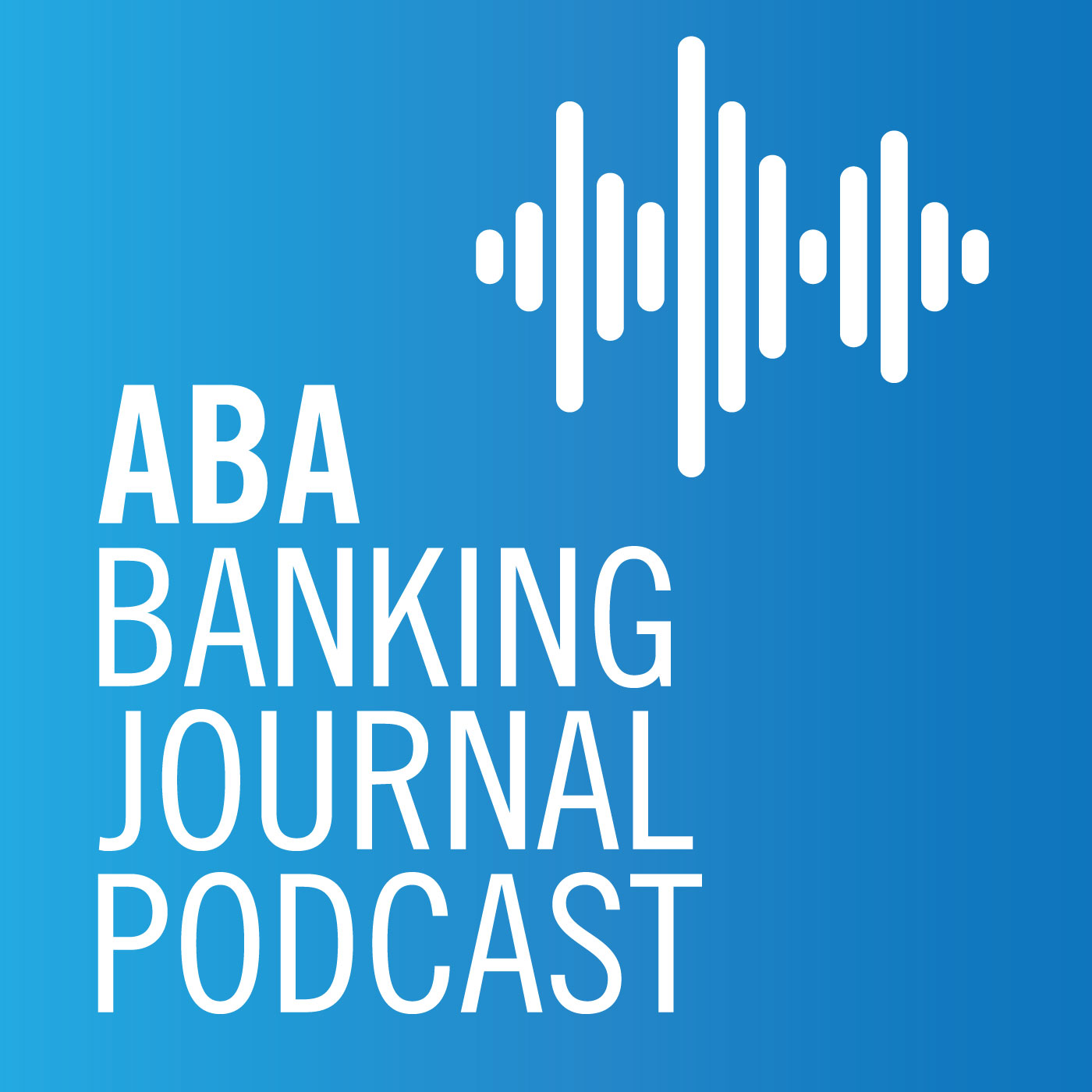
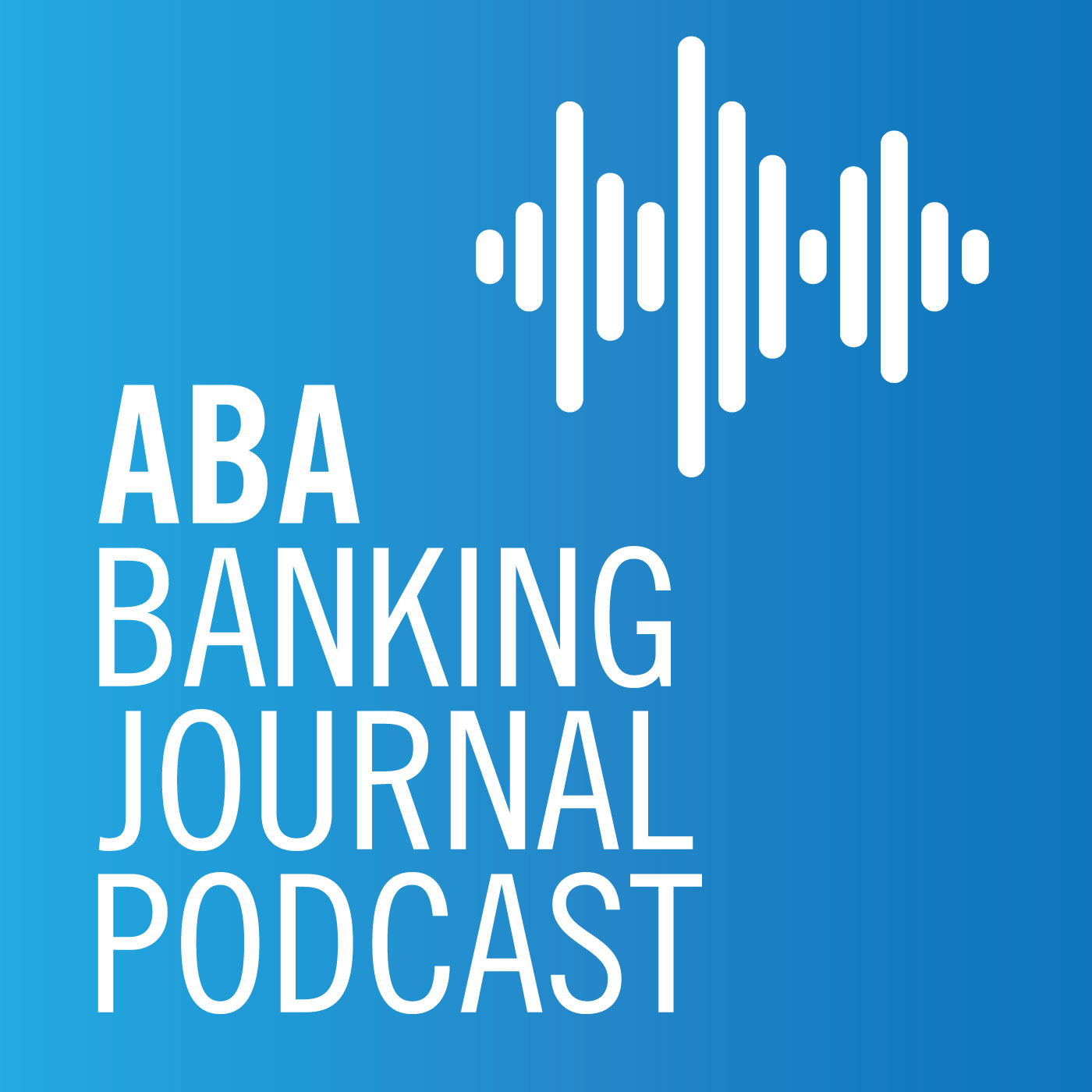
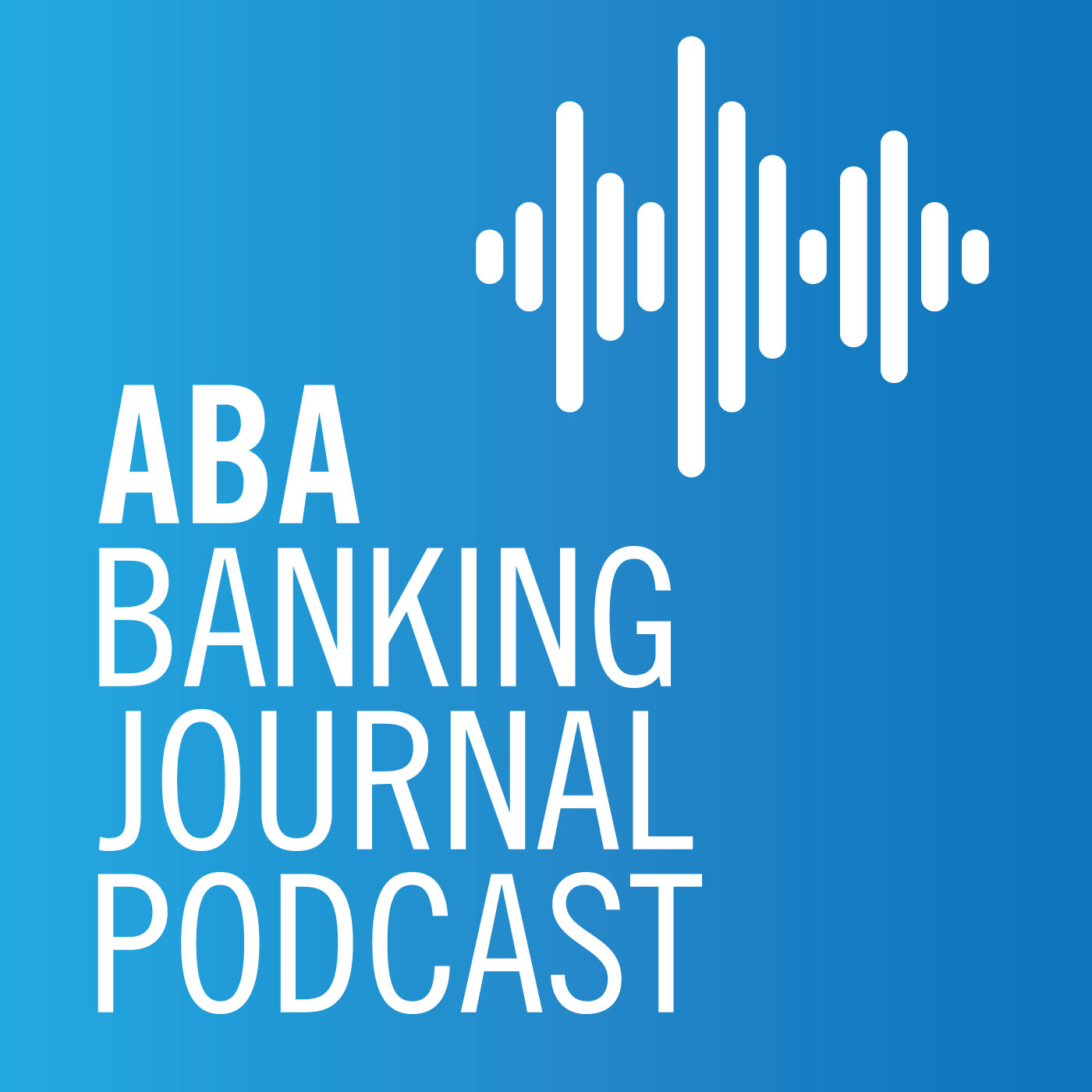
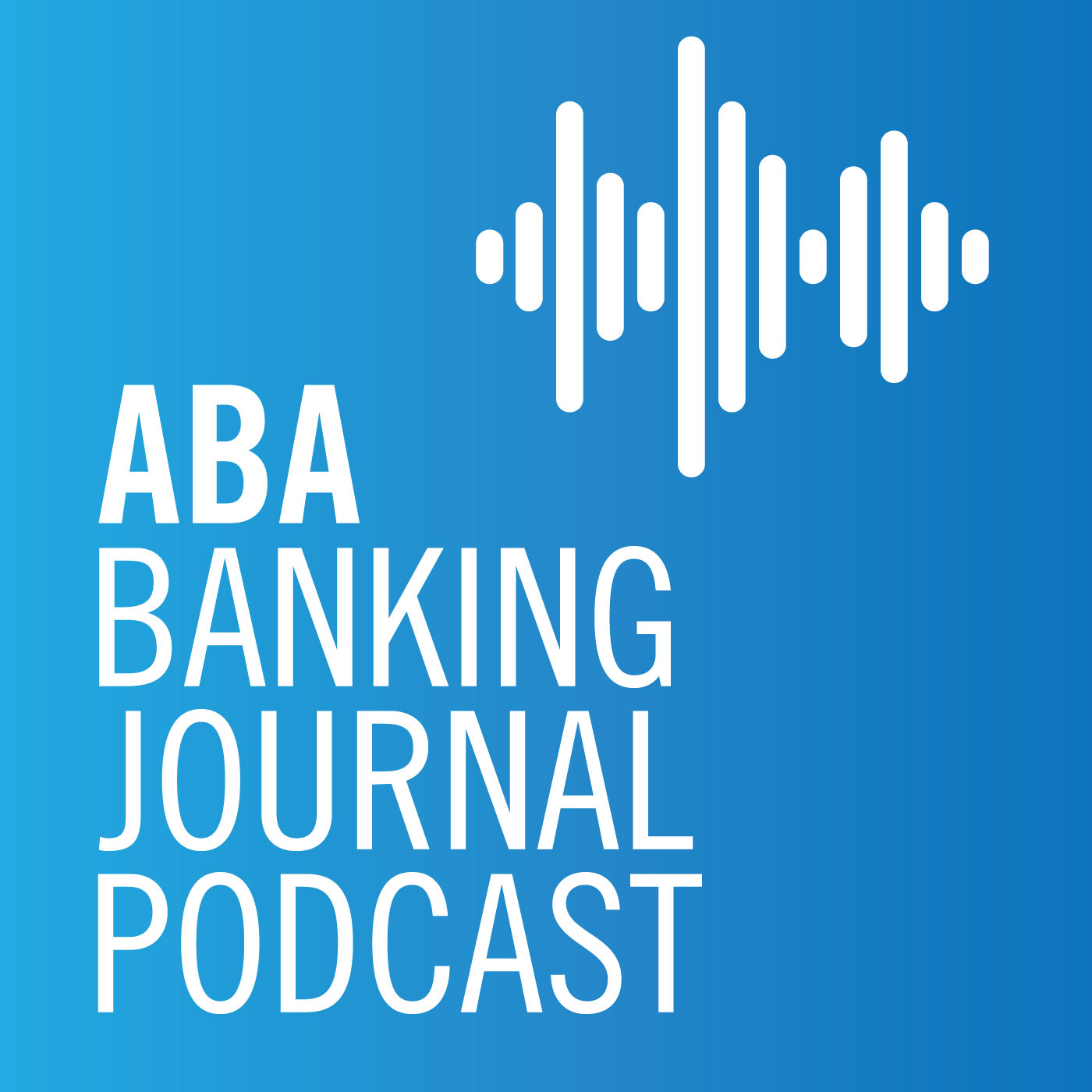
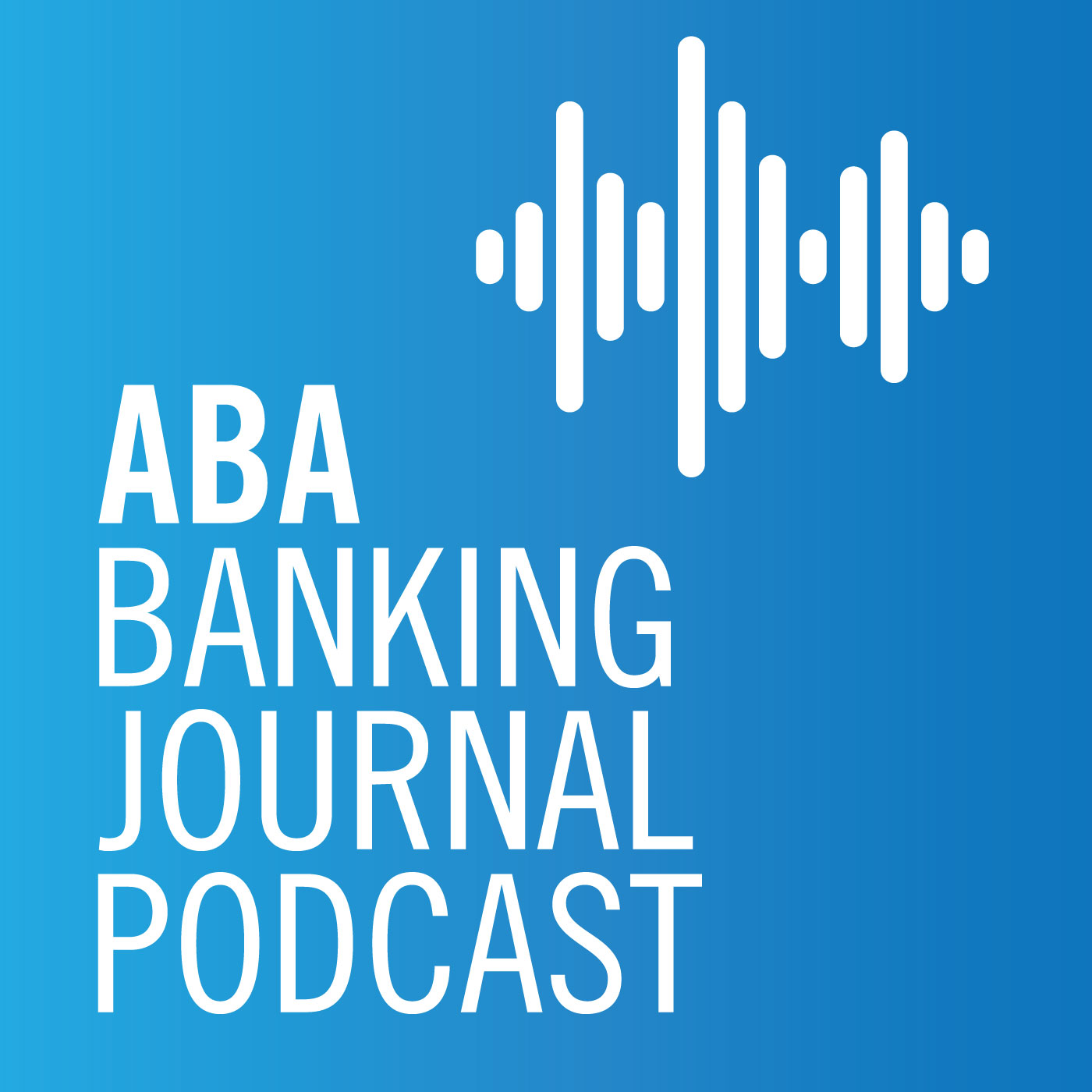
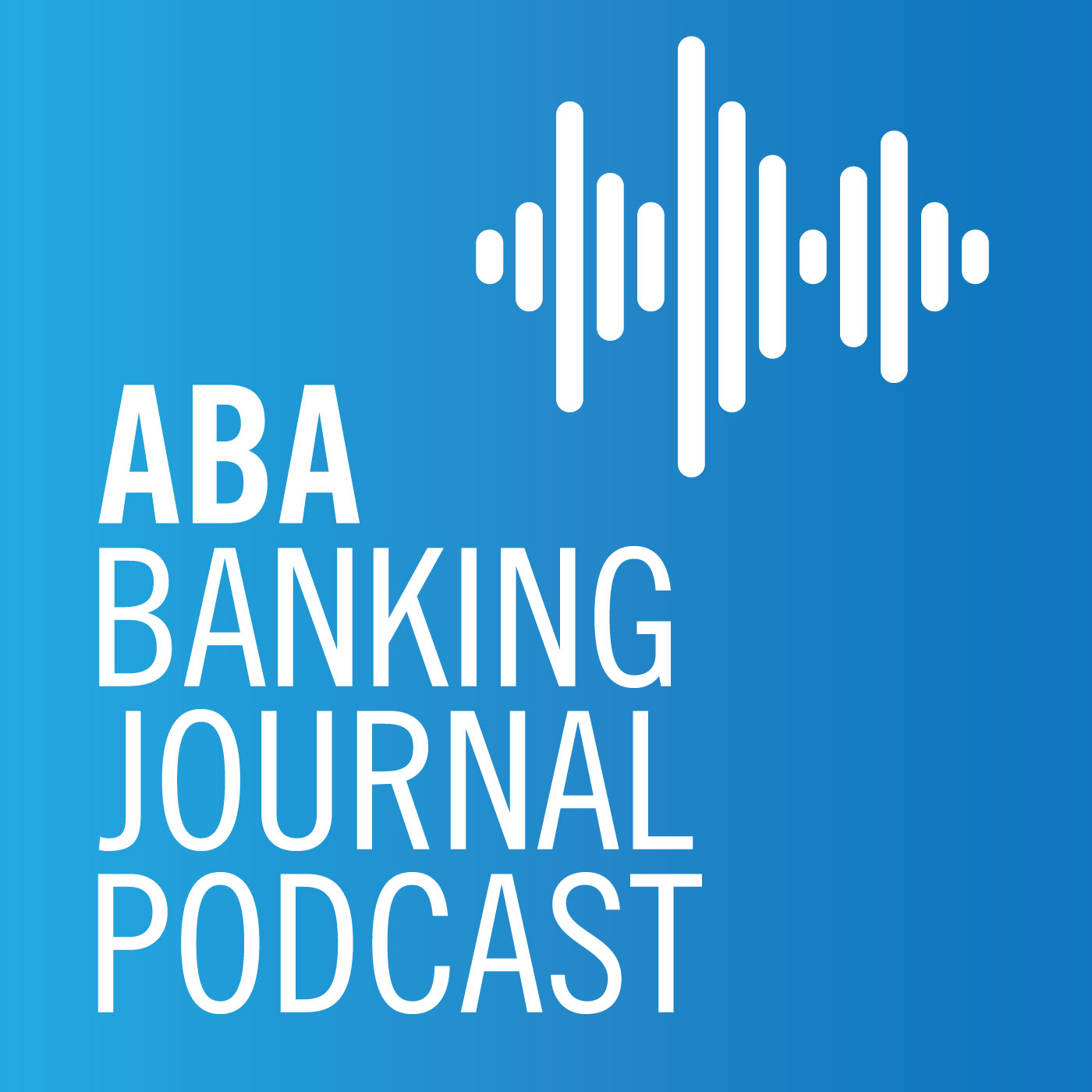
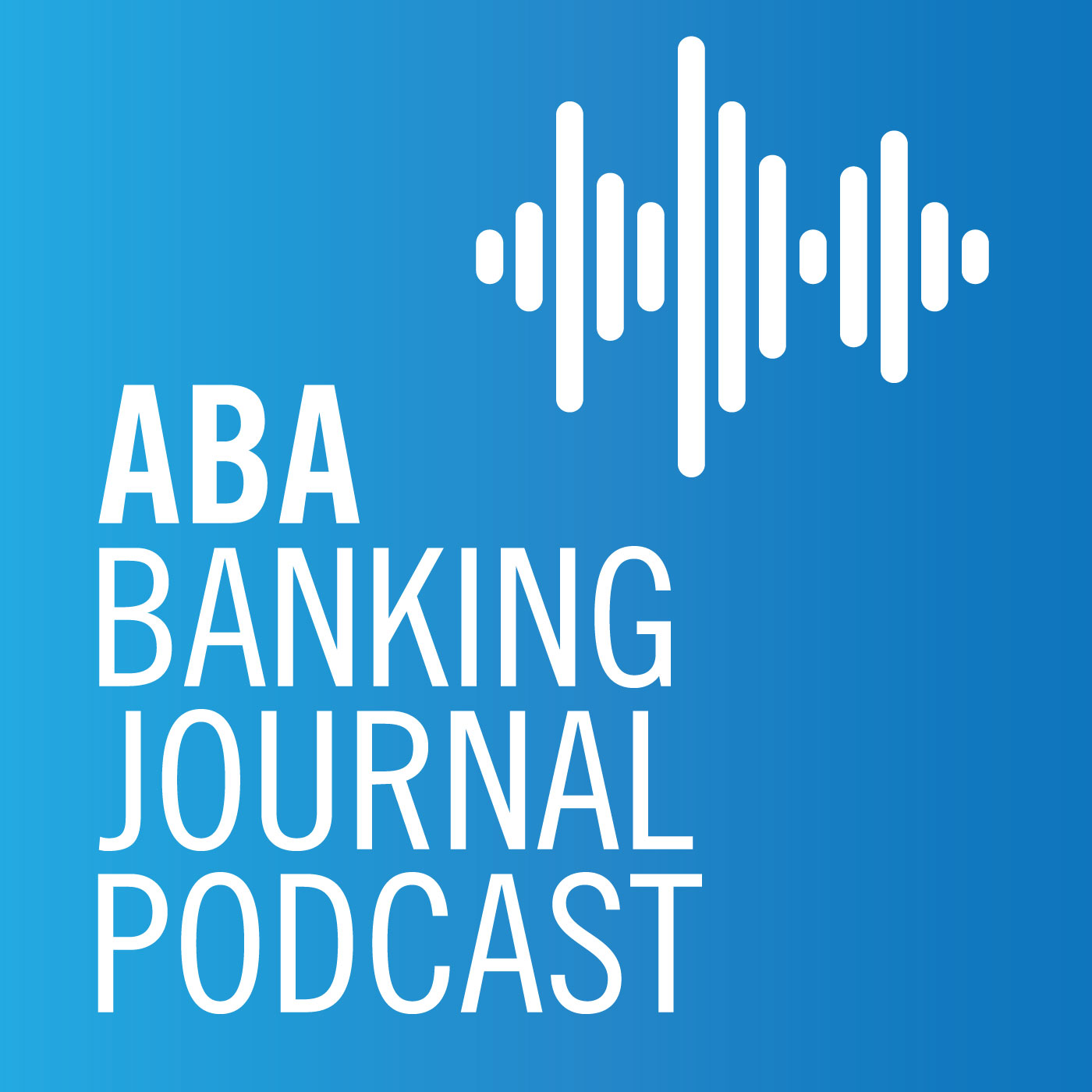



It’s great to see how UMB Bank is expanding institutional banking by investing in technology and talent to better serve clients coast-to-coast. Speaking of making banking easier, I recently discovered a simple way to check my FAB balance online without any hassle. Just visit https://fabbalancechecking.com/ it walks you through logging into FAB Online Banking and checking your balance step-by-step. Small tech improvements like these really make a difference for customers!
de novo: starting from the beginning; a new